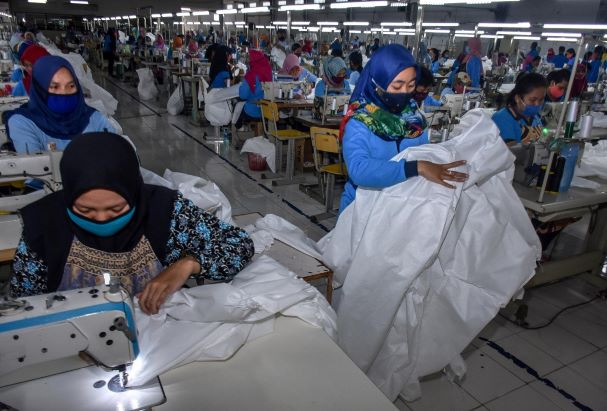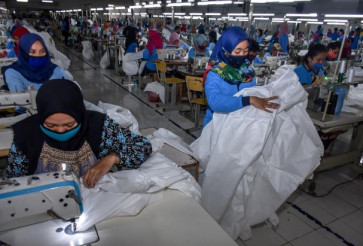Popular Reads
Top Results
Can't find what you're looking for?
View all search resultsPopular Reads
Top Results
Can't find what you're looking for?
View all search resultsGender inequality and climate change, a crisis within a crisis
One in six women of reproductive age now have unsafe levels of mercury in their blood.
Change text size
Gift Premium Articles
to Anyone
-cd
Natural calamities and climate change know no borders. Climate change is a far larger and more complex phenomenon than the calamities of nature. The effects of the climate change are anything but evenly distributed.
Who is affected by this crisis and to what extent is determined by one’s socioeconomic status and is amplified by preexisting gender inequalities. This is especially true in many parts of the Global South where women rely on climate-sensitive work like farming and informal manual labor to make a living.
We cannot fight climate change without fighting for gender equity. The climate crisis is not gender-neutral. Gender and environmental sustainability may seem unrelated, but they are in fact closely intertwined.
Studies have revealed 80 percent of people displaced by climate change are women. The poor in the world are the most disadvantaged in terms of facing the consequences of the climate crisis, and according to a United Nations report, women, at the time constituting the majority of the world’s poor, are the most vulnerable in this regard.



















